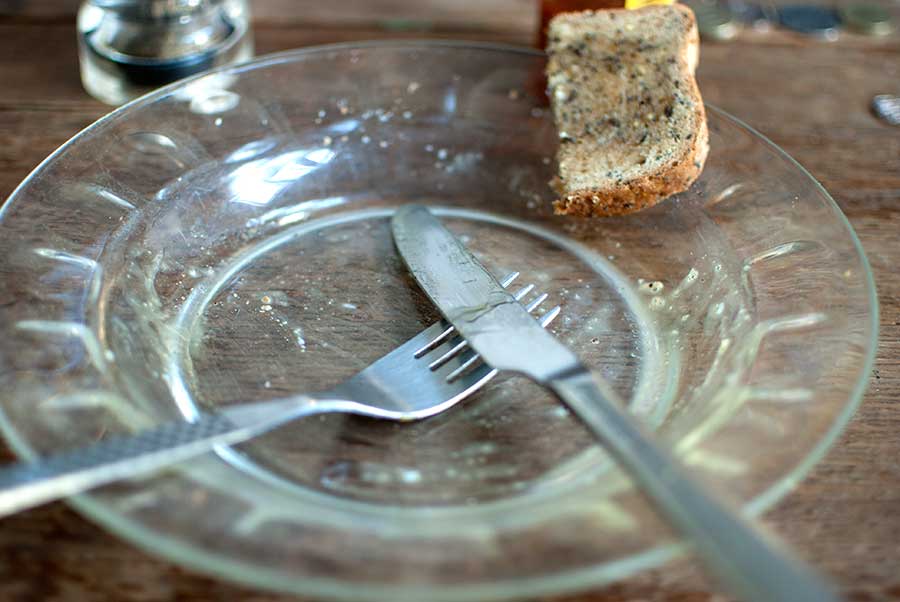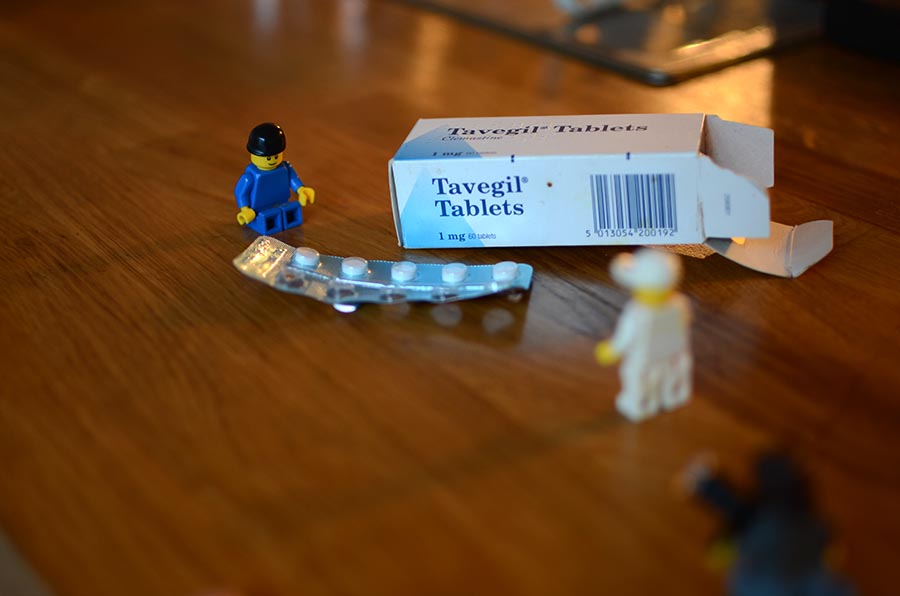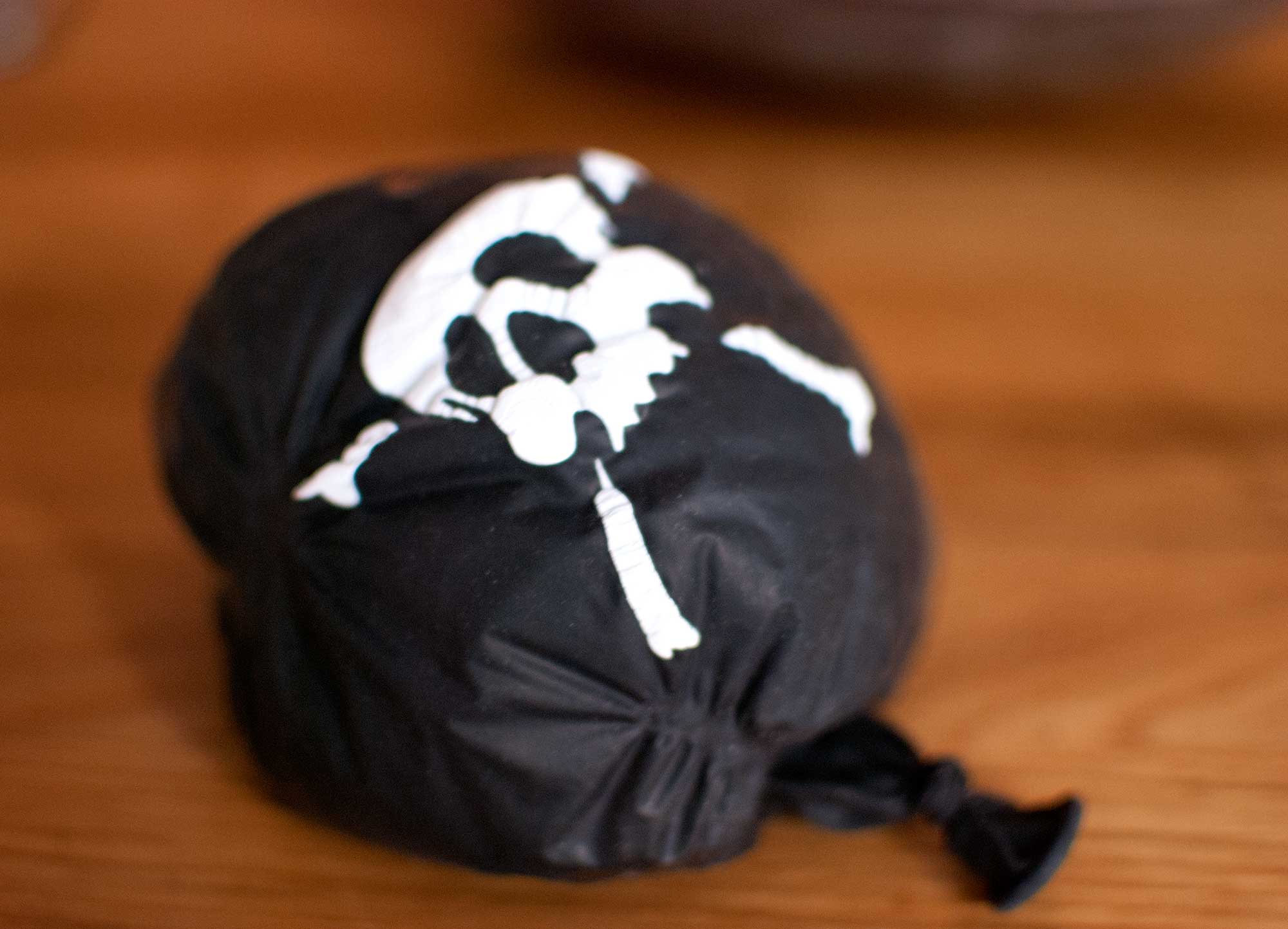This post will look at proteolytic enzymes and ask what they can do for us.
The last post looked into a newly discovered, high cholesterol level. I didn’t ask for it but have been given a set of numbers to consider (I don’t do enough cardiovascular exercise). I think this is where I might see changes happen rather than dietary approaches. Proteolytic enzymes have the potential to help many different kinds of condition, it’s hard to know where to start!
Now is a good time to revisit a subject from a post written last year that mentions proteolytic enzymes very briefly. I’d just started them on the recommendation of a practitioner I saw to help keep my body working as best as it could. They get referred to after the post’s last heading and before the photo at the bottom of the page.
Enzymes are amazing things, they seem to be able to do all things for all people (where needed) and they could be handy for most folk?
There are around 3000 different types of enzymes in existence and those are just the ones that have names!
Have you heard of digestive enzymes to take with food? Proteolytic enzymes are similar things but work differently and best on an empty stomach.
We are born with some to start with as they help our body digest stuff. We make more in the pancreas as we go through life. Cooked food in particular requires more enzymes to digest it as we did a fair amount of evolving mostly before our skills with cooking came along!
If we make our own enzymes why do we need to take extra enzymes?
- Because we don’t eat enough raw food/Eat too high a proportion of cooked food.
- Enzymes are at the heart of almost all physiological processes in the body including digesting the food we choose to eat. Mostly we ate more, raw veg than we do nowadays.
- We can buy digestive enzymes to boost our own digestion allowing us to eat certain foods we may have been avoiding for the various ‘tummy troubles’ they cause.
- Digestion starts as we chew, our saliva contains amylase which begins digestion even before we swallow.
- We use a lot of energy to digest food so any help we can get in this process will give us more energy.
Have you ever had the feeling that a meal, once eaten, seemed to just sit in your belly? To digest the cooked food we eat uses up lots of our own enzymes. Often the processes that are needed for effective digestion work better with a little bit of warmth but not too much heat as that can destroy them!

Proteolytic Enzymes are good for us outside of digestion.
- Sports people use proteolytic enzymes when they have a sports injury that has caused inflammation.
- people with high cholesterol levels (have tiny fragments of protein and/or fat which can thicken the blood and cause CVD later on).
- Chronically ill people also have a greater amount of inflammation in their bodies (inflammation as part of the disease state).
- to aim to look younger by helping to reduce wear and tear on our bodies.
All these groups of people may take proteolytic enzymes to reduce mess in the body such as swelling from injury.
Enzymes are present in the food we eat. They help us get energy from food. Enzymes digest/dissolve stuff and when they have no food to digest they’re digesting no longer needed stuff in our blood and reducing our sticky blood (which can accumulate) if we’re not as active as we know we should be.
A certain amount of inflammation is good if it’s reducing the amount of movement an injured limb can go through but, after a point it’s damaging.
Enzymes a go go!
We can buy a range of enzymes which are more effective when taken with other types of enzymes. Serrapeptase is considered a good one at the moment (fashion seems to play a part in supplements?) Serrapeptase is collected from caterpillars that make silk and the protein they make is something special. Sometimes I wonder a bit about the type of life farmed silk worms have? Other enzymes available mop up different types of proteins but in a similar way:
I was going to list amylase, bromelain, papain, trypsin and other enzymes that process different carbs, fats or proteins in our food but there are more complete lists out there (that require a simple search) before finding the site that does it better than me!
All of these enzymes and more help our body do a range of things better.






